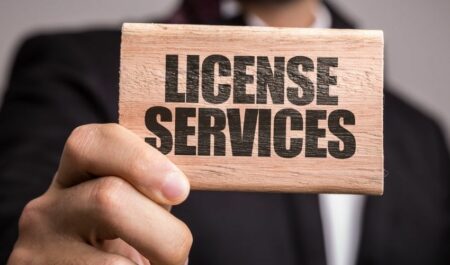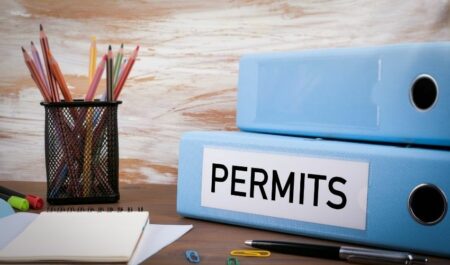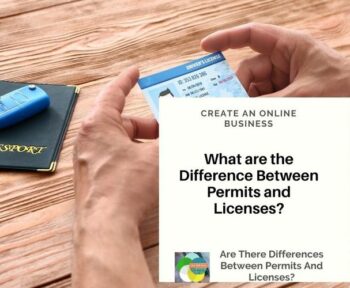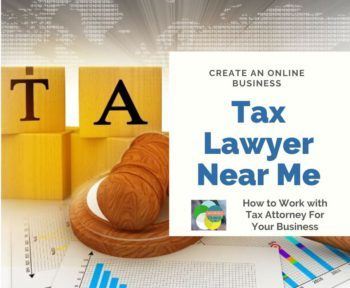Permits and licenses are ubiquitous phrases that are used all around the world and are ultimately associated with the process of obtaining permission. Obtaining permissions and licenses is necessary in many nations to ensure that legal rules and regulations are followed and maintained. With the help of these two phrases, it is simple to keep track of invasion activity.
Permits As Opposed To Licenses
The distinction between permits and licenses is that permits are the official or legal document that is issued to administer the safety issues, whilst licenses are the official or legal document that is issued to administer the business. Licenses, on the other hand, indicate authority to do or use something, and they are provided in a more general manner when compared to permits.

In the legal and official world, permits are documents that are released or provided by an authority as approval to proceed with a certain activity or business entity. It is only a representation of the authorization. A permit is required for those who operate a pest treatment business, for example, in order to keep chemicals and other hazardous liquids.
It is through licenses that one can determine the legality of doing or using something. It functions as a legal contract, complete with terms and restrictions, that permits someone to perform an action or make use of a service. A license is typically provided to those people or things who are involved in some professional services and have the potential to cause harm to other people. They are primarily used to regulate a wide range of activities.
What Exactly Are Permits?
It is referred to as a Permit when it refers to the legal document or official approval that is required in order to carry out a specific activity. Generally speaking, it is issued to administrate safety issues, and it is occasionally necessary to conduct an inspection before issuing or granting the permission. For example, a permission is required to carry a firearm or store hazardous materials (if you have a business-related chemical or other hazardous liquid).
Permits are issued for a variety of reasons and are available in a variety of forms. There is a permission for every sort of business, and each permit has its own set of terms and conditions. In certain countries, the method for obtaining a permit is different than in others. The following are some examples of permissions that are approved or provided to control various activities: local business permit, work permit, and zoning permit.

Working with a work permit is a broad word that is used to authorise jobs that are connected with significant hazards to the safety of the workers. This sort of permit is a written document that outlines the work that must be completed, the risks that must be mitigated, and the precautions that must be taken to ensure the safety and well-being of the workers.
What Exactly Are Licenses?
A license is a legally binding agreement or contract that grants permission to someone to carry out a specific action or make use of a particular service. In other words, a license authorizes someone to do or make use of a particular activity. For example, in order to sell alcoholic beverages, a license is required. It is also provided to persons who are involved in certain occupations that have the potential to damage or harm other people. Nursing, pharmacy, psychology, medicine, law, and other related fields are examples of such occupations.
Licenses are classified into a variety of categories, including business licenses, driving licenses, professional service licenses, software licenses, and other similar items. It is frequently distributed to the general public through a variety of government agencies. The terms and conditions of the license are stated or attached to the license and must be adhered to by the license holder in order for the license to be valid. In the United States, licenses are issued in the form of cards, which are believed to have a more lasting aspect.
The Most Significant Difference Between Permits And Licenses
- Various relevant authorities give permits and licenses to various organizations and individuals in order to grant authority to carry out a certain action or make use of a specific item. Permits are utilized as a legal and official document that a person receives in order to carry out an activity or conduct a business. It is also necessary by the transportation industry in order to deal with or carry a variety of different items. A License, on the other hand, is a legally binding instrument that has particular terms and conditions that must be followed. Unlicensed individuals can perform an action or make use of a service until they agree to the terms and conditions set forth.
- The Permit is issued by various agencies to administrate the welfare of the general public, and as a result, frequent verification and inspection are carried out by the relevant departments. On the contrary, the license does not require frequent inspections, and any necessary inspections can be completed at the time of license issuance.
- When rules are broken, both permits and licenses are automatically terminated. Permits are temporary in nature and expire after a set length of time in the validation aspect. On the contrary, the license is indefinitely valid. It is also possible to have the license revoked or cancelled if it is being misused.
- The permits have more limits than the licenses, which is a good thing. To give an example, the terms and conditions for work permits include detailed descriptions of numerous aspects, including everything from the beginning of a certain activity to the availability of supervisors. Licenses, on the other hand, are not subject to many restrictions.
The appearance of permits is akin to a sticker that serves as an authorized stamp, whereas a license, on the other hand, is a high-quality card that is granted to the individual and has a more permanent appearance than permits.
Conclusion
Permits and licenses are both given by the government with specific terms and conditions that an individual is obligated to fulfill in order to maintain their status. If a person breaks the rules and regulations, their permissions or licenses will be revoked or suspended. Permits are provided for reasons of safety, and as a result, regular inspections are required to ensure that all applicable laws and regulations are followed to the letter.









